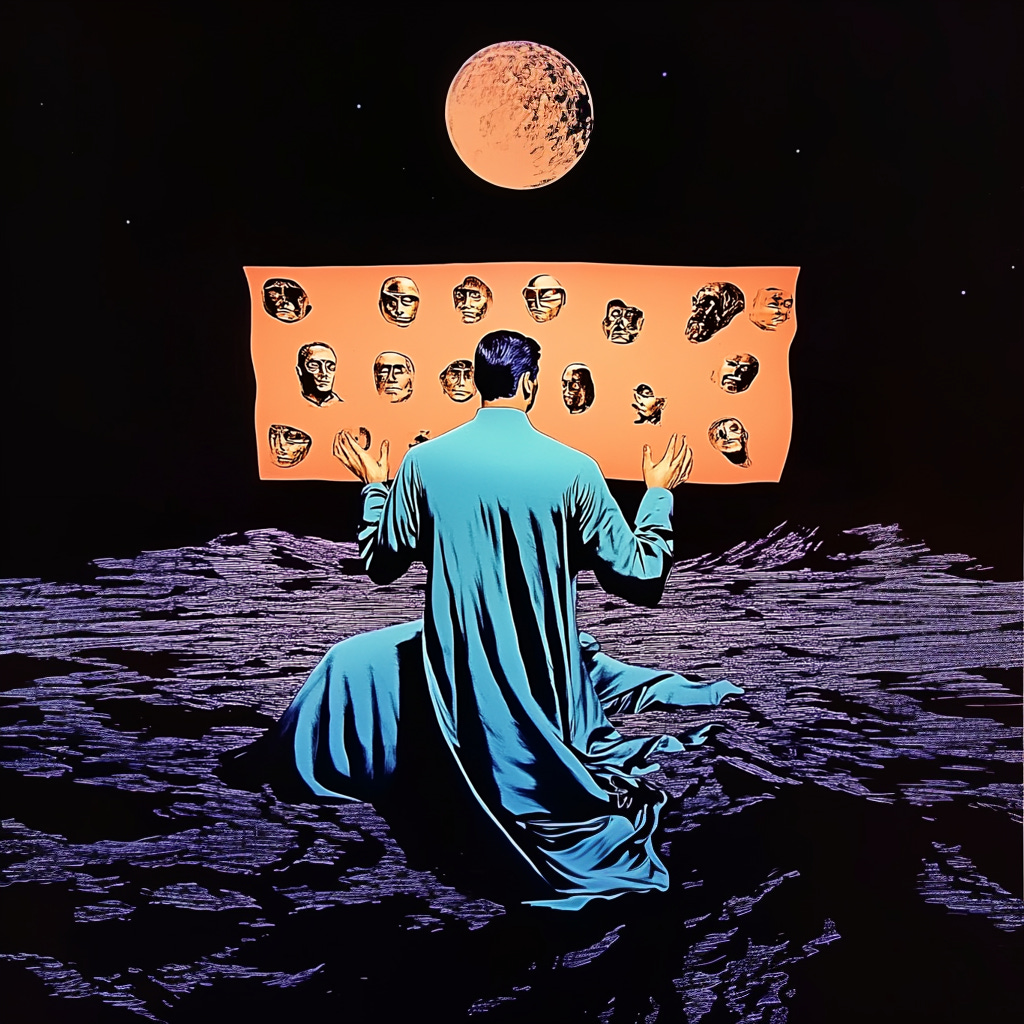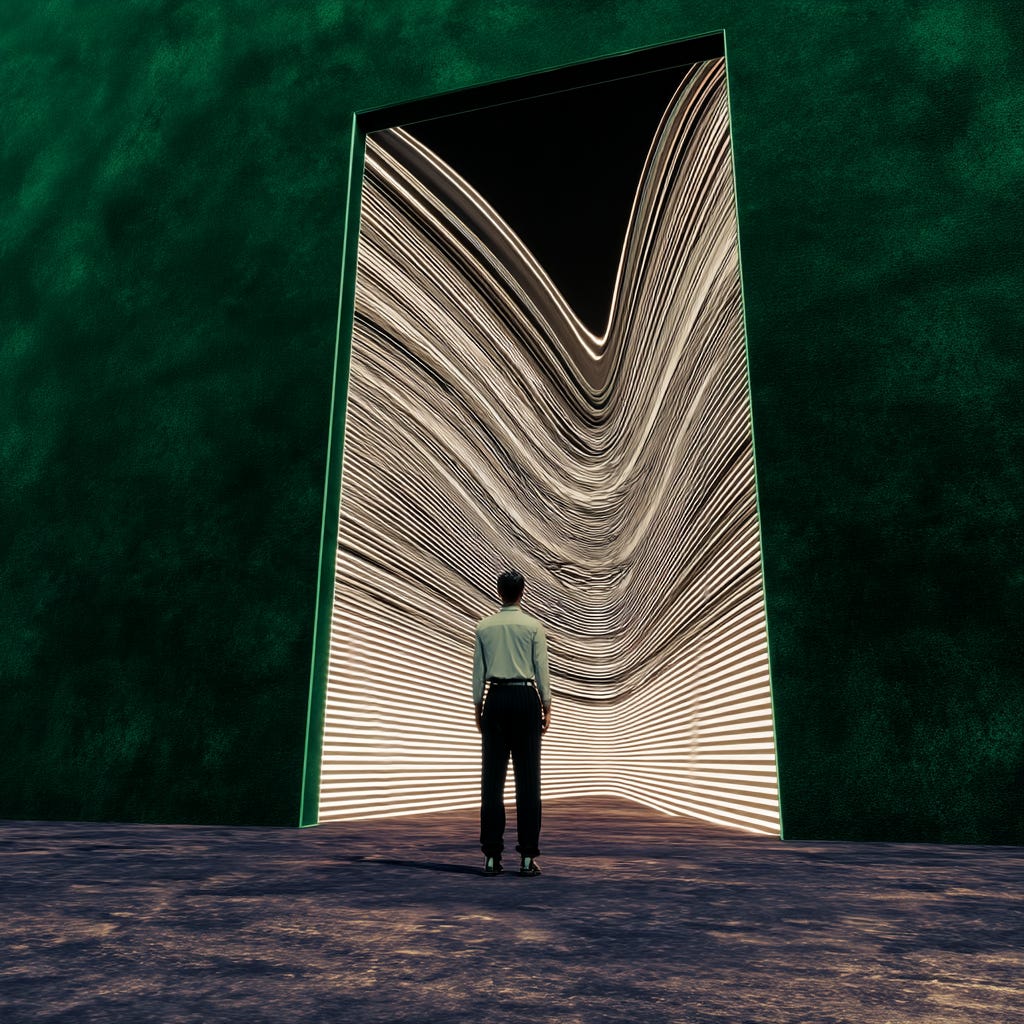Infinite Creativity and the Human Core: Why Taste and Judgment Matter Most in an Age of Abundance
Creativity itself becomes abundant, yet meaningful creativity remains rare.
We’re rapidly approaching an era defined by infinite creativity, limitless productivity, and near-universal abundance. Technology—AI, renewable energy, and instantly accessible knowledge—has effectively demolished traditional gatekeepers, democratizing creation in unprecedented ways. But as the marginal cost of creation trends toward zero, we encounter a paradoxical truth: creativity itself becomes abundant, yet meaningful creativity remains rare.
Why? Because true creativity has never been merely about making things. It’s about making the right things, at the right time, for the right reasons—and that requires uniquely human qualities that technology alone cannot replace:
Taste: Knowing intuitively what is beautiful, resonant, or transformative.
Judgment: Deciding when, how, and why to act, or even more importantly, when not to.
Vision: Imagining possibilities beyond current realities, guiding us toward novel futures.
Drive: The intrinsic motivation and determination to pursue meaningful ambitions consistently.
These qualities aren’t commoditized by technology; they’re sharpened by human experience, personal struggle, and emotional maturity.
Beyond Expertise: A Double-Edged Sword
The decline of traditional “experts” is a double-edged sword. On the one hand, democratization empowers everyone to create without arbitrary gatekeepers, promoting innovation, inclusion, and diversity of ideas. Today, artists, filmmakers, and entrepreneurs no longer require traditional credentials or institutional backing to share their creativity with millions. This unprecedented openness can fuel extraordinary cultural and intellectual vitality.
On the other hand, expertise has value precisely because taste and judgment are refined over years of deliberate practice and experience. Losing experts as authoritative filters can sometimes result in overwhelming noise, misinformation, and shallow content. Yet rather than default pessimism, we can embrace a more nuanced perspective:
Yes, expertise will matter less for basic knowledge or skill (AI handles the technicalities with ease).
But, expertise in curating, synthesizing, and directing creativity becomes even more critical. Judgment and vision, not just information, become essential skills.
From “Aspiring” to “Actualizing”
In this landscape, ambition transforms from something based on scarcity (“I want to become…”) to a state of abundance and immediacy (“I am”). The barriers between dreaming and doing vanish, leaving only personal responsibility at the center. We can create anything—so what do we choose to create?
With the traditional expert's gatekeeping diminished, individual responsibility rises dramatically. Each person becomes their own critic, curator, and visionary. Our collective cultural output will not be judged merely by quantity (which will become infinite), but by the quality of intent, clarity of vision, and the depth of meaning embedded within each act of creation.
Can Peaceful Ambition Become the New Norm?
A critical question arises here: can ambition thrive without the stress and competition traditionally associated with it? If we adopt a posture of abundance—where resources, energy, and opportunities become universally accessible—then perhaps ambition can exist peacefully. Ambition in an age of infinite creativity isn’t a frantic dash against others, but a purposeful expression of intrinsic motivation. Hard work remains essential, but it arises from inspiration rather than anxiety.
This peaceful ambition requires something new from us: clear purpose. Yet purpose itself has become increasingly abstracted—people now comfortably live as video-game streamers, YouTubers, influencers, and more. These new forms of work, far removed from traditional labor, show that purpose is no longer predefined by society; it is self-defined by authenticity, joy, and personal resonance.
Purpose as the Compass for Infinite Creation
Perhaps purpose is exactly what connects all these threads. With infinite creativity and zero marginal cost, anyone can produce. But only purpose-driven production stands out. When you clearly know why you create, you transcend mere noise-making. You don’t need external validation or permission. You create because doing so aligns with your values, passions, and personal vision of a meaningful life.
Thus, the greatest creators in the coming era may not be those with elite technical skills—machines can increasingly manage those—but those who possess:
Deep introspection: Understanding clearly what they believe and why it matters.
Courageous creativity: Fearlessly experimenting and exploring original paths.
Ethical grounding: Choosing to create in ways that uplift, connect, and inspire, not just profit.
Balanced ambition: Integrating inner peace and external striving into coherent, meaningful goals.
Embracing a New Humanism in the Creative Renaissance
What emerges from this convergence is a kind of new humanism. We celebrate and embrace technological abundance but remember that the heart of creativity remains deeply human. Technology alone will never replace taste, judgment, vision, and drive. It will amplify them.
The challenge is that not everyone will be equally prepared to wield these newfound powers wisely. Responsibility—the ethical and creative burden—now lies entirely with us. We are entering an era of profound liberation, but also of unprecedented accountability.
In this infinitely creative world, our task is to deliberately cultivate these human traits, integrating them with our newfound godlike capabilities. By doing so, we won’t just flood the world with content—we’ll fill it with meaning, beauty, and purpose.



